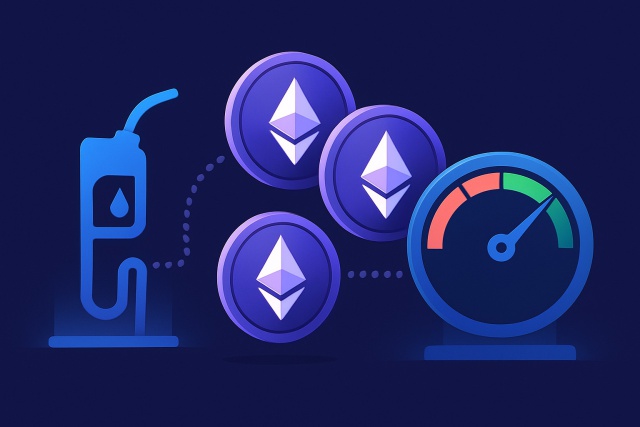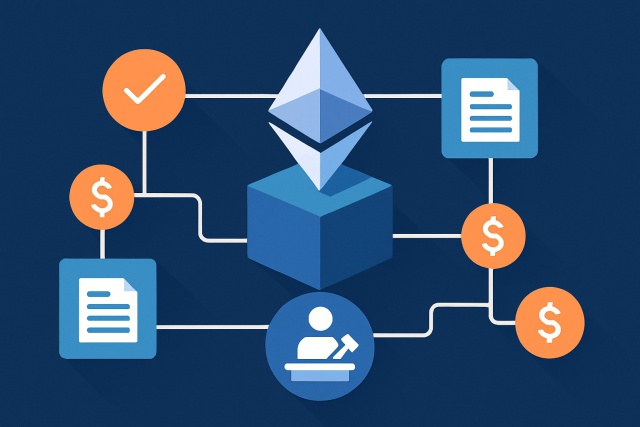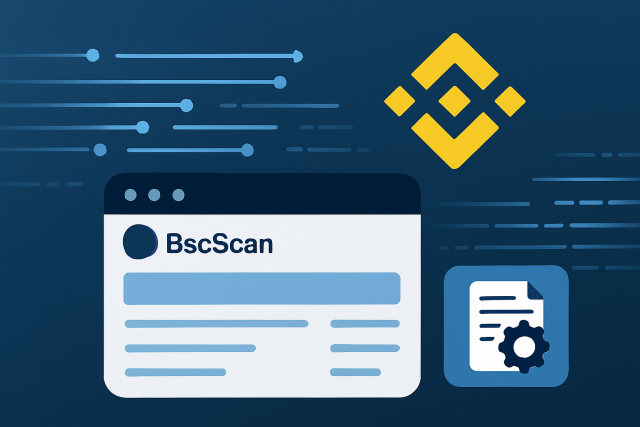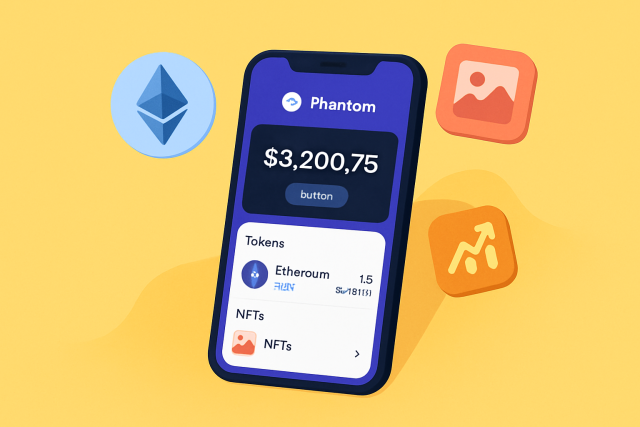What Is Ethereum and How Does It Work?

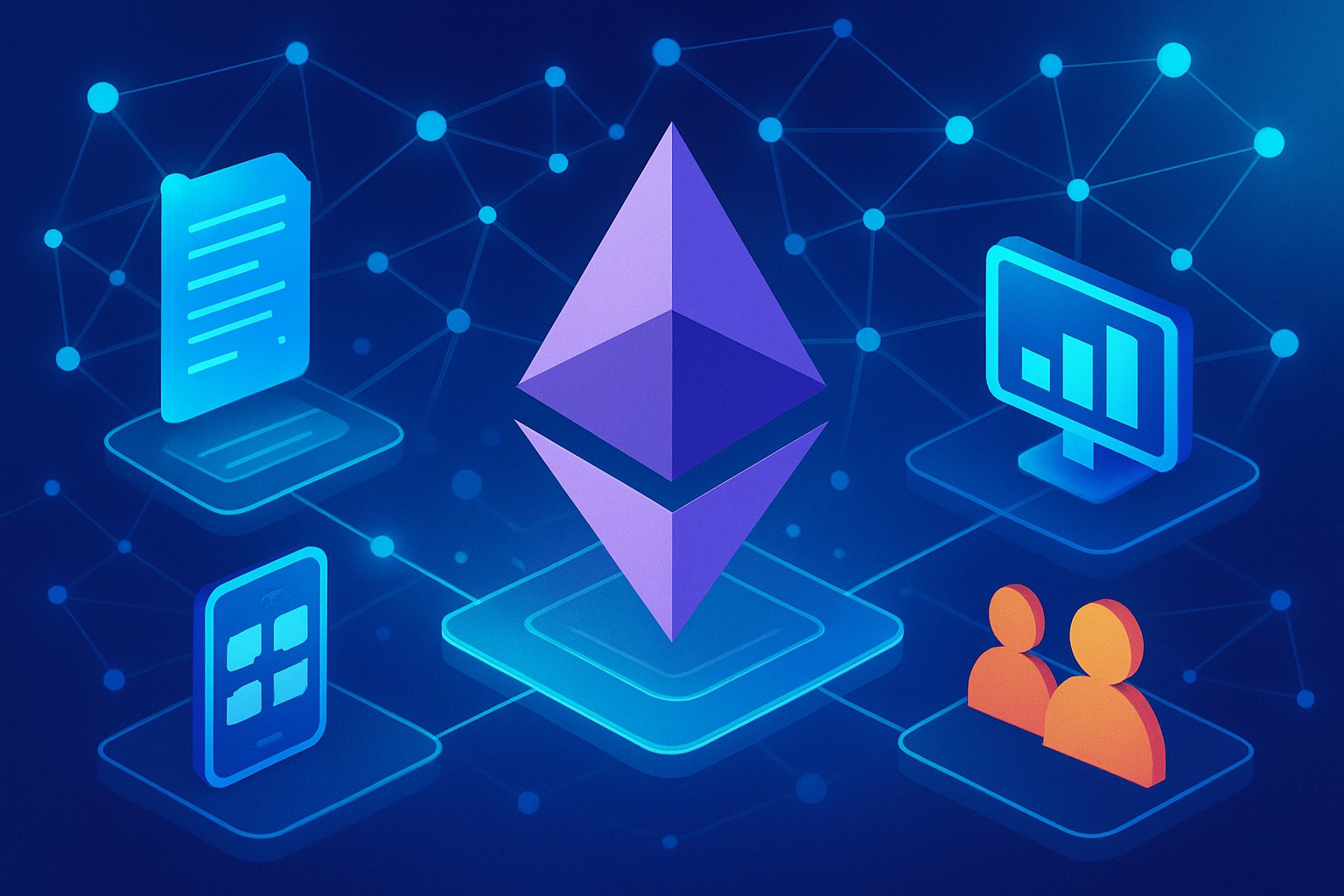
Ethereum is a pretty groundbreaking technology that pushes blockchain beyond the usual digital currency scene. It lets decentralized applications and smart contracts run smoothly and securely, all without a central authority breathing down their necks.
Bitcoin often steals the spotlight as the poster child of blockchain, but Ethereum quietly nudges things a bit further down the road. It’s not just about digital money—Ethereum backs programmable contracts and apps that really shake things up. Think of it as a playground where developers craft decentralized apps that run on a worldwide network, with no single boss calling the shots.
What Is Ethereum? A Friendly, Easy-to-Grasp Overview
Ethereum is a decentralized blockchain platform that supports smart contracts and decentralized applications, affectionately called dApps. While Bitcoin mostly sticks to handling digital currency transactions, Ethereum is designed to run code that executes automatically across its network—no middlemen needed.
- Ethereum blockchain ledger: think of it as a public, unchangeable diary logging every single transaction and smart contract interaction—no edits allowed.
- Ether (ETH): the native cryptocurrency of Ethereum, serving as the fuel to get operations up and running on the network.
- Smart contracts: clever little programs that run on their own, with rules baked right into their DNA.
- Ethereum Virtual Machine (EVM): the behind-the-scenes workhorse where all those smart contracts come to life and do their thing.
- Decentralized applications (dApps): apps built on Ethereum that march to their own beat, running without any central servers or middlemen.
Vitalik Buterin was a bright young programmer who came up with the idea of Ethereum in 2013. He didn’t just see blockchain as a tool for simple transactions; it was a playground for running code in his mind.
How Ethereum Works Explained in Plain English
Ethereum's blockchain is essentially an ever-growing chain of blocks tightly linked using cryptographic hashes to safely record transaction data. Every block contains recent transactions and the outcomes of smart contract executions, creating a clear and permanent ledger that is hard to argue with. Miners or validators have a important role—they verify transactions, keep the network secure, and add new blocks by coming to consensus.
- Users send transactions to the Ethereum network, which could mean transferring ETH or interacting with smart contracts depending on what they are aiming to do.
- Network nodes jump into action by verifying these transactions, double-checking signatures and making sure the account balances actually have what they claim.
- Once transactions pass the sniff test, they get bundled into blocks that miners or validators work their magic on to create.
- The network locks in the current state through a consensus process, ensuring everyone is literally on the same page with the ledger.
- After a transaction is nailed down in a block, there’s no going back—it’s considered final once it racks up a handful of confirmations.
In 2022, Ethereum took a big step by ditching the Proof of Work (PoW) consensus method that relied heavily on raw computational horsepower and embraced Proof of Stake (PoS) instead. With PoS users chip in to secure the network by staking their Ether rather than mining for it. This switch not only gave Ethereum's energy consumption a much-needed haircut but also boosted the platform's security and scalability noticeably.
What Smart Contracts Are and Why They Matter (And Why You Should Care)
Smart contracts are like agreements that run on autopilot, with their terms neatly coded right onto the Ethereum blockchain. They kick into action automatically as soon as certain conditions are met, effectively cutting out the middlemen who might otherwise slow things down.
- Automation means smart contracts handle tasks all on their own, no babysitting required.
- Transparency lets everyone involved peek behind the curtain to see contract terms and the activity logged on the blockchain.
- Immutability locks things down so contracts can’t be changed once they’re set in stone.
- Reduced costs come from trimming out the middlemen, which usually slashes fees and gets things moving faster.
- Faster execution happens because automatic triggers kick in quickly, delivering results you can count on without a hitch.
A smart contract is like a vending machine: you pop in your money and pick your snack or drink. Then the machine hands it over instantly.
Ethereum Virtual Machine The Beating Heart Behind Ethereum's Remarkable Flexibility
At the heart of Ethereum's strength is the Ethereum Virtual Machine (EVM), a global decentralized computer that tirelessly runs smart contracts. The EVM allows developers to write programs in different languages and makes sure they execute safely on every node across the Ethereum network. Thanks to this setup, you can build decentralized applications that work exactly as intended—no downtime, no censorship, no funny business and absolutely no third-party meddling.
The EVM makes sure that smart contract code runs exactly the same way on every single node, which keeps behavior consistent and pretty predictable across the entire network. This rock-solid reliability lets dApps play nicely together and gives developers genuine confidence in Ethereum's programmability and interoperability. Think of the EVM as a virtual sandbox where code does its thing separately from the outside world, helping to keep security tight and fend off malicious attacks.
Ether (ETH) The Native Cryptocurrency of Ethereum Your Go-To Digital Fuel
Ether (ETH) is the lifeblood of Ethereum, acting as its native currency. Think of it as the fuel needed to pay for gas fees, which get transactions and smart contracts humming along smoothly on the network. By rewarding miners or validators, Ether doesn’t just keep things moving—it plays a starring role in keeping the whole system secure and up and running.
- Paying transaction fees when sending ETH or interacting with smart contracts—those little costs that keep the network humming along.
- Staking in Ethereum’s Proof of Stake system to help keep the blockchain secure, like putting your chips on the table for the greater good.
- Being used as collateral in decentralized finance (DeFi) apps like loans and liquidity pools—essentially backing up your moves in this wild world of crypto.
- Functioning as a unit of account in many dApps for payments and rewards, making it the go-to currency in a growing digital neighborhood.
Gas fees are what users shell out to get things done on Ethereum. These charges can swing quite a bit depending on how crowded the network is and how tricky the tasks are. When everyone floods the network with transactions at once, fees tend to shoot up because it is like a crowded rush hour and everyone’s jockeying to get their turn first. In contrast, during quieter moments fees usually take a nice dip.
Practical Uses of Ethereum in Today’s World Why It’s More Than Just Hype
Ethereum’s technology has sparked a wave of innovation across various fields, proving just how powerful decentralized networks can be in shaking up entire industries. Its applications range far and wide—from reinventing financial services and giving digital art a fresh twist, to boosting supply chain transparency and pioneering new governance models.
- Platforms for lending and borrowing that cut out the middleman and connect users directly without relying on traditional banks.
- Decentralized exchanges or DEXs where people can trade cryptocurrencies peer-to-peer.
- Non-fungible tokens or NFTs offering a nifty way to prove digital ownership of art and collectibles — like a digital autograph but cooler.
- Blockchain-based identity systems designed to give users more privacy and control over their personal info.
- Decentralized autonomous organizations known as DAOs that champion community-driven governance and decision-making — think of it as democracy in action on the blockchain.
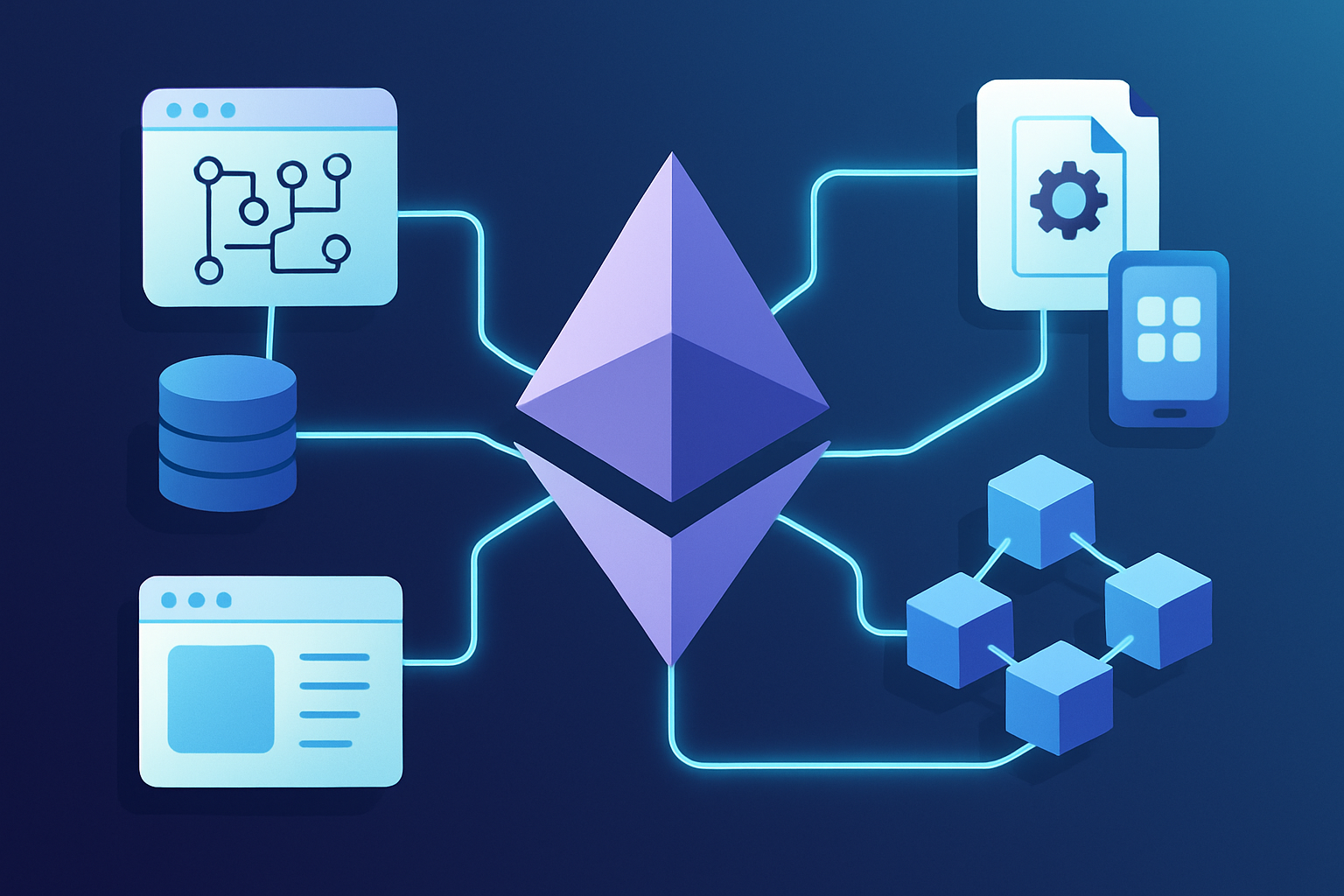
Ethereum gives users the real deal when it comes to owning and managing their digital assets and services, which in turn helps spread access and authority far and wide across the online world.
Things People Often Get Wrong About Ethereum (and Why It’s Not as Complicated as It Seems)
A lot of individuals assume Ethereum is just another cryptocurrency in the same league as Bitcoin, or that it’s way too complicated for anyone who isn’t a developer. But here’s the thing: Ethereum is actually a pretty powerful platform that goes far beyond simply moving money around.
- Ethereum is more than just the Ether cryptocurrency. It is a platform where you can build all kinds of apps, not just trade coins.
- You don’t need to be a coding wizard to use smart contracts anymore because of dApps designed for everyday individuals.
- Blockchain networks can get clogged up sometimes. Ethereum is slowly fixing those issues to improve scalability and reduce fees.
- Ethereum runs in a decentralized way. It is supported by thousands of nodes across the globe and no single group controls it.
- Its reach isn’t limited to finance alone. It also extends into artsy ventures, gaming, supply chain logistics and more.
The Future Outlook for Ethereum You Can’t Ignore
Ethereum’s development roadmap includes some exciting upgrades like sharding which slices the blockchain into smaller pieces to increase capacity and reduce transaction fees. These scalability improvements combined with layer-2 solutions promise to speed things up and make transactions more wallet-friendly.
Ethereum’s community and ecosystem keep expanding. Adoption across different industries is steadily picking up steam, sparking fresh innovations that could change how we deal with finance, governance and digital identity in the years ahead.
Start Your Crypto Journey with Coinbase Today
Ready to enter the cryptocurrency market but unsure where to begin? Coinbase makes buying, selling, and storing digital assets simple and secure for beginners and experts alike.




